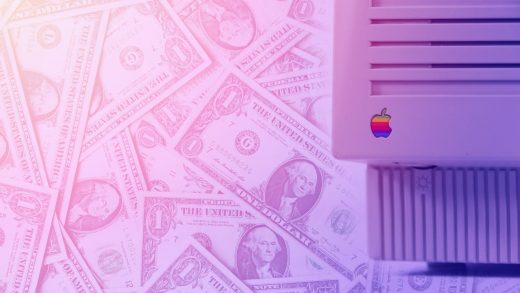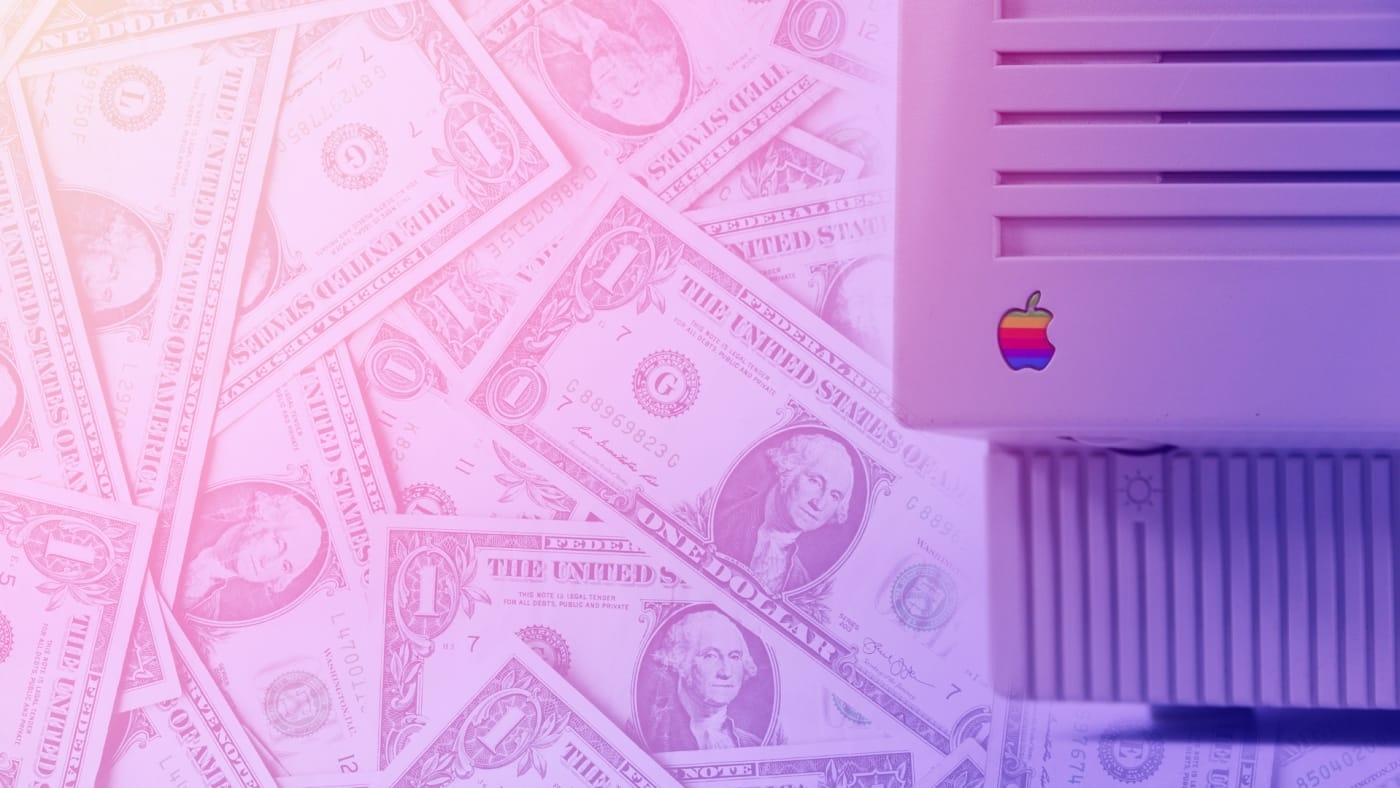Is Apple a money machine or still worthy of true faith? It’s both
One day after Apple briefly became a trillion-dollar company, a long-debated matter came up again: Is Apple still worth believing in, or is it just a cash machine?
It’s a legitimate question. It’s true that Apple product releases aren’t the magical events they used to be. The blinding flashes of innovation–the “one more things”–have become rarer. We hear more these days about how much money Apple is raking in on services, vacuuming up the smartphone industry, saving in taxes, potentially spending on media companies, returning to shareholders, buying back in stock value, and on and on.
Why Apple is worth $1 trillion pic.twitter.com/LuO4Tz5aKF
— Sophia (@SophiaCannon) August 3, 2018
Apple is a money machine these days, but that’s not the whole picture. The main part of the company’s DNA is about the creation of beautiful hardware and clean-and-simple user experiences, just as it’s always been. This can be traced back through its history.
The company almost went out of business in the 1990s before Steve Jobs returned from exile to right the company. This 2015 quote from Apple design guru Jony Ive (unearthed today by Above Avalon analyst Neil Cybart) shows that even when Apple’s back was against the wall financially, it was still thinking more about products than cashflows.
“There is business and there is commerce, but we are very clear about the hierarchies here. And so, we’ve been very clear that we expect those concerns to be consequences of us doing our job right. And so, our job isn’t to make money for Apple. Our job is to try and make the very best products that we can. Now we trust if they are good and we trust if we are competent and we do our jobs in trying to describe them. And if we are competent in making them they will be attractive and bought and they will be bought in volume and that we will eventually make money.
“Now, I am aware of course that can sound incredibly simplistic. I am aware that that can sound . . . easy to say given our advantage point right now. But that’s actually what we said in ’98, when the company was struggling. You see we didn’t say that the goal was to turn [the company] around because if we’d said the goal back then in the late ’90s was to turn the company around, that’s all about money. You can turn a company around by spending less and trying to make a bit more money. What we said back in the ’90s was the goal was to stop making products that weren’t great. And the goal was to focus on trying to make a great consumer product.
“That’s when Steve came back, that’s how he articulated what the goals of the company needed to be. And this wasn’t some subtle–this wasn’t an exercise . . . this was describing profoundly different attitudes and approaches to what the problem was at hand. It takes a tremendous courage when you are losing fabulously large amounts of money to say our goal isn’t to turn around, our goal is to make a great product. That’s not a natural sort of reflex to that situation.
As I pointed out in a previous story, there’s still plenty of development going on behind the curtains in Cupertino. Apple has a lot of cash, and at the same time that it’s buying back stock and paying dividends to shareholders it’s also sinking a lot of money every quarter into research and development.
“I see no evidence of Apple losing sight of its creative mission,” Cybart tells me on Friday. The company is moving quickly into wearables and ramping up investment in machine learning and autonomous systems.
Read Tim Cook’s Email To Employees About Apple’s $1 Trillion Milestone https://t.co/FN0c6pkUIE pic.twitter.com/UZEPY96U5f
— John Paczkowski (@JohnPaczkowski) August 3, 2018
“Apple has also embarked on the ambitious strategy of controlling the core technologies powering its devices,” Cybart adds. “All of these efforts will give Apple competitive advantages in a wearables world while setting up the company to play some role in transportation.”
If the Apple faithful have heard too much lately about Apple’s cash story and not enough about its product story, that’s understandable. But it’s way too soon to give up believing: As the era of the iPhone starts to fade, Apple will need to reinvent itself once again. That will be fun to watch, even for those of us who don’t hold stock.
Fast Company , Read Full Story
(54)



